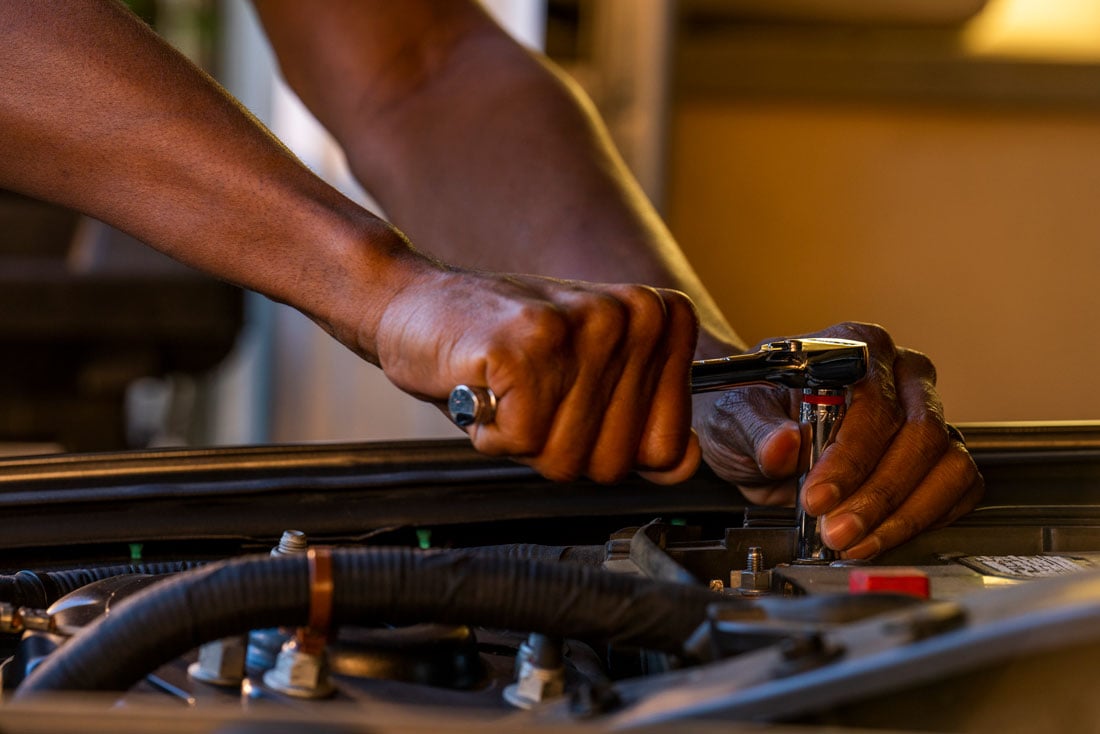Govt not aware of Kenya’s demand to abolish tax on beer, spirits, drugs

Dangerous. Uganda Revenue Authority says it would be dangerous to exempt importers from paying the 13 per cent Excise Duty yet local manufacturers are paying it. FILE PHOTO
What you need to know:
- Retaliate. Last week Kenya demanded that Uganda abolishes the 13 per cent Excise Duty slapped on its pharmaceuticals, beer and spirits products, failure of which it will retaliate with the same tax.
Government has said Kenya has not presented any formal request to abolish the 13 per cent Excise Duty instituted on pharmaceuticals, beers and spirits imports.
Speaking in an interview over the weekend, Mr Jim Mugunga, the Finance Ministry spokesman, said government was not aware of any demand in regard to the tax removal.
“There are well established and tested channels of resolving issues, if any. I am not aware of the [demand] I am hearing it for the first time and I would not want to rely on media reports to give [government position]. However, we request our colleagues [Kenya] to use established channels to bring on table any issues and they will ably be handled,” he said.
Last week Kenya’s Trade Principal Secretary Chris Kiptoo, said Uganda had undertaken, after discussions in December last year in Kampala, to abolish the 13 per cent Excise Duty slapped on Kenya’s pharmaceuticals, beer and spirits as a way of harmonising tax regimes to create a level playing field for both countries.
However, he noted, the tax, which is discriminative and goes against the spirit of the East African Community Protocol, has not been abolished yet it continues to hurt Kenya’s manufacturing sector.
“Uganda has given an undertaking that it will abolish these taxes. But if they do not, then we have no alternative but to reciprocate,” Dr Kiptoo told Kenya’s Business Daily last week.
He also stressed that Kenya will retaliate with similar taxes if Uganda does not yield to the demand.
Not discriminatory
However, Mr Dickson Kateshumbwa, the Uganda Revenue Authority commissioner for customs, said whereas there had been discussions on the said tax, nothing had been concluded.
He also noted that the issues of Excise Duty was a principle that is applied universally on both local goods and imports and therefore, cannot be discriminatory.
“You see, there is a principle that applies on Excise Duty. If you apply it on a product that is made here, you have to apply it on a product that is imported and vice versa. So, if we apply Excise Duty on beer manufactured locally, as a principle we have to apply it on all imported beers,” he said, noting it is a none-discriminatory treatment that is paid by both importers and local manufacturers.
“You cannot apply it on your local products and then exempt it on imports. We have had discussions and discussions are continuing. Whatever product we have put Excise Duty from Kenya such as juice, we have also established that Kenya has also charged Excise Duty on the same,” he said.
A tax expert who requested anonymity to speak freely, said Kenya should now understand that it is competing with Uganda in terms of trade, noting that it would be unfair for government to exempt taxes on imports that are manufactured here.
“We are now in competition. It is not like in the old days when we were importing everything from Kenya. They are beginning to feel the impact of the competition and they are now looking for all excuses to suffocate this competition,” he said, noting the only way government can protect local industries is through instituting heavy taxes on imports.
EAC caught up in various tax issues
EAC member states have been caught up in various tax issues with partner states, levying duty and preventing some goods from accessing certain markets.
For instance, Tanzania imposed veterinary levy on Kenyan milk while Uganda is also taxing poultry products (18 per cent VAT).
Previously, Tanzania has also blocked Ugandan sugar from accessing its market.
The same restrictions are also being considered for Ugandan milk products exported to Kenya.
Kenya’s Trade Ministry has already proposed a 16 per cent duty on milk products that enter the country from Uganda to protect dairy farmers who have raised concerns over the influx of cheap Ugandan milk.
Data presented to the Kenyan Parliament recently shows milk imported from EAC, with the most of it coming from Uganda, hit 110.7 million litres from January to September from three million litres in 2016.




